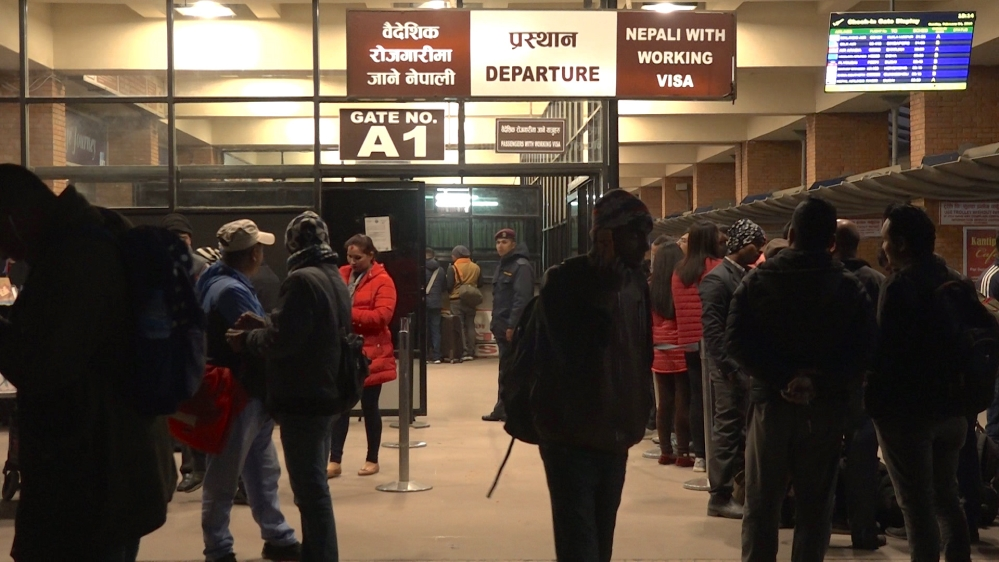According to the 2021 Census Data, there are 2.2 million Nepalis living abroad, with 81.28% being male and 18.72% being female leading many to wonder why many Nepali Youth move to foreign lands!
But the fair reason to that question is lack of job opportunities in Nepal and the prospect of higher-paying jobs in the destination country. In fact, the statistics say that more than 1,700 Nepalis travel abroad for work every day.
Department of Foreign Employment (DoFE) has authorised labour migration to 110 nations as of 2020 after issuing an increasing number of work permits in recent years. With that, the age range of the population leaving Nepal is relatively young, between 25 and 35 years old, which has ramifications for domestic jobs. While the economic advantages to migration is high, the effects and consequences can be seen on a micro and macro level to comprehend the total influence on people and the nation.
Swapnil Shrestha, who is currently doing his Bachelors in Social Work and also in the process to go to Australia, says that many young people move abroad to further for their education as well as the wonderful chances that compel them to stay. Many say that finding job that matches one’s qualifications with a good pay is a hard process making it a major barrier that pushes young people to migrate.
The causes of migration in Nepal are essentially the same as those in other regions of the world. Some of the causes of international labor
migration include poverty, a lack of employment options, declining agricultural production, and conflict in the nation . In many villages around Nepal, labor migration, that is, leaving for a period of time to find employment abroad and coming back with some cash and the knowledge of having lived somewhere else has become ingrained in the culture of the society. The promotion of international labor migration has also greatly benefited from the influence of friends, family, and well-wishers, adds Shrestha.
People have been forced to leave their homes due to the ongoing war in the nation, and
abroad employment has become the alternative source of income for these young people. The political uncertainty has also stopped industry expansion and reduced development operations nationwide. As a result, young people from conflict-prone regions are driven to leave for employment abroad in order to save their lives.
The employment of foreign workers has so far become a developing industry in Nepal. But the industry hasn’t at all maintained a respectable vocation. The reports of irregularities in the migration of foreign workers and the difficulties potential workers confront before and after leaving for a job abroad are not adequately addressed at the policy level.
When a worker decides to move in search of a job abroad, they must deal with a variety of issues. The majority of migrant workers make a hasty decision to go for employment without thinking about the actual pay they will receive in their new country, he explains.
However, He or she also has to deal with the challenge of obtaining enough money to travel abroad, and the only option for funding is to take out a loan with a high interest rate. Except in certain circumstances, the government does not provide special arrangements to lower loan interest rates.
Sherstha said that each and every step for potential labor migrants is devoid of information. Most of them have no idea where they are going, what they will be working on, how much it will actually cost them to travel for work, or other social and cultural details of the place they are visiting. As a result, there are many verified accounts of the suffering of migrant laborers from Nepal.
The majority of migrant laborers abroad are employed in precarious conditions with no real legal protection from either the Nepali or host governments. Despite the widespread knowledge of workplace exploitation by foreign corporations, the Nepali government has not, with the exception of a few instances, established any special labor
diplomacy initiatives.
There are numbers of Nepali migrants who labour illegally in other nations without any sort of legal or social support from their hosts.

